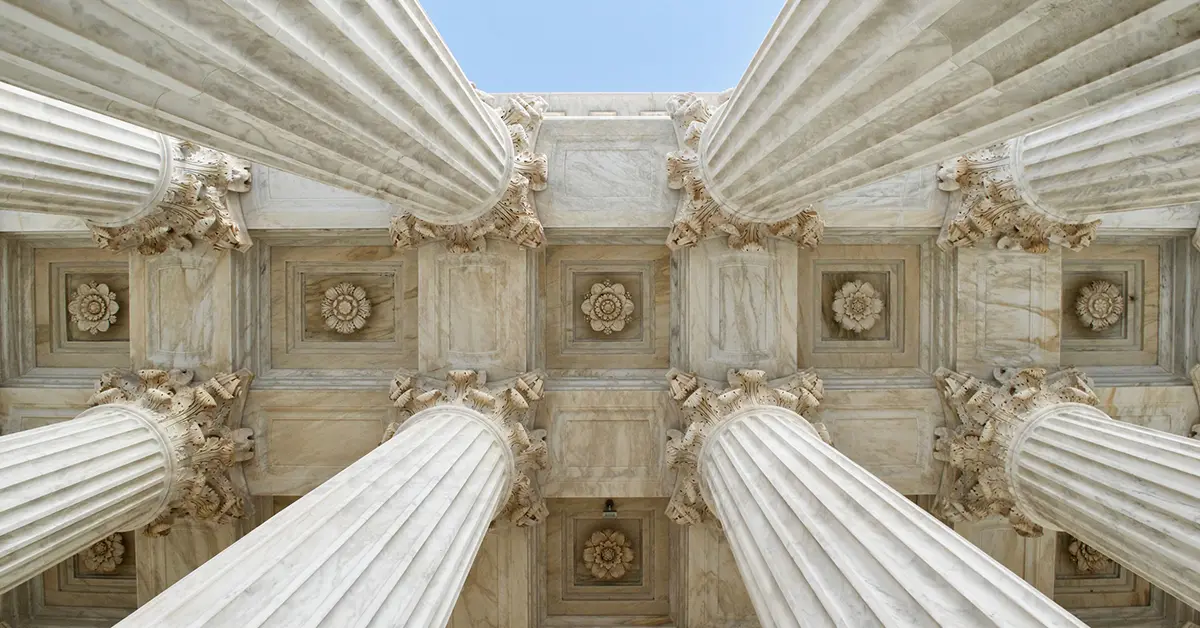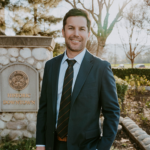In Mitchell v. Wisconsin (2019) 139 S.Ct. 2525, the United States Supreme Court granted certiorari on a case in which a warrantless blood draw was performed on an unconscious person arrested for driving under the influence. The question presented in the case was whether a statute, like Wisconsin’s implied consent law, constitutes an exception to the Fourth Amendment’s warrant requirement for the taking of a blood sample.
The case began when the police received a report that Gerald Mitchell appeared highly intoxicated and jumped into a van and drove off. Mitchell was soon after found by the police wandering near a lake, stumbling, and slurring his words. Mitchell, who could not stand or walk without the support of two officers, provided a preliminary breath sample that registered at .24%. After his arrest, Mitchell’s condition quickly deteriorated. The officer drove Mitchell to the hospital and read aloud the admonition regarding the post-arrest evidential test, which gave Mitchell a chance to refuse. Mitchell, then unconscious, did not respond. The officer later directed a nurse to take Mitchell’s blood sample.
The U.S. Supreme Court held that under certain circumstances, a warrantless blood draw of an unconscious person is permissible under the Fourth Amendment. The Court wrote:
“When police have probable cause to believe a person has committed a drunk-driving offense and the driver’s unconsciousness or stupor requires him to be taken to the hospital or similar facility before police have a reasonable opportunity to administer a standard evidentiary breath test, they may almost always order a warrantless blood test to measure the driver’s BAC without offending the Fourth Amendment.” Id. at 2539.
The Court left out of that holding a small category of cases. “We do not rule out the possibility that in an unusual case a defendant would be able to show that his blood would not have been drawn if police had not been seeking BAC information, and that police could not have reasonably judged that a warrant application would interfere with other pressing needs or duties.” Ibid. The Court then remanded the case to allow Mitchell the opportunity to show that his case presented those unique circumstances.
But the Court never answered the question on which certiorari had been granted – i.e., whether an implied consent statute constitutes an exception to the Fourth Amendment’s warrant requirement for blood draws. Instead, the Court decided the case on exigency grounds, which had not been litigated by the parties in the lower courts. As Justice Sotomayor noted in her dissent (joined by Ginsburg and Kagan), the prosecution had not only failed to argue exigency, they had conceded early on that exigency did not exist in the case. The issue was waived, and as the Justice points out, the Court should not have considered it, let alone decided the case on that basis. Sotomayor wrote “this Court is not in the business of volunteering new rationales neither raised nor addressed below, and even less ones that no party has raised here.” Id. at 2546 (Sotomayor, J., dissenting).
Justice Sotomayor’s dissent also acknowledged that the Court did not find that the consent exception applied to Mitchell’s blood draw. “The plurality does not rely on the consent exception here. See ante, at 2532. With that sliver of the plurality’s reasoning I agree.” Id. at 2545 (Sotomayor, J., dissenting). The Justice then made evident how she would rule with respect to an implied consent statute in that context. “I would go further and hold that the state statute, however phrased, cannot itself create the actual and informed consent that the Fourth Amendment requires.” Ibid.




